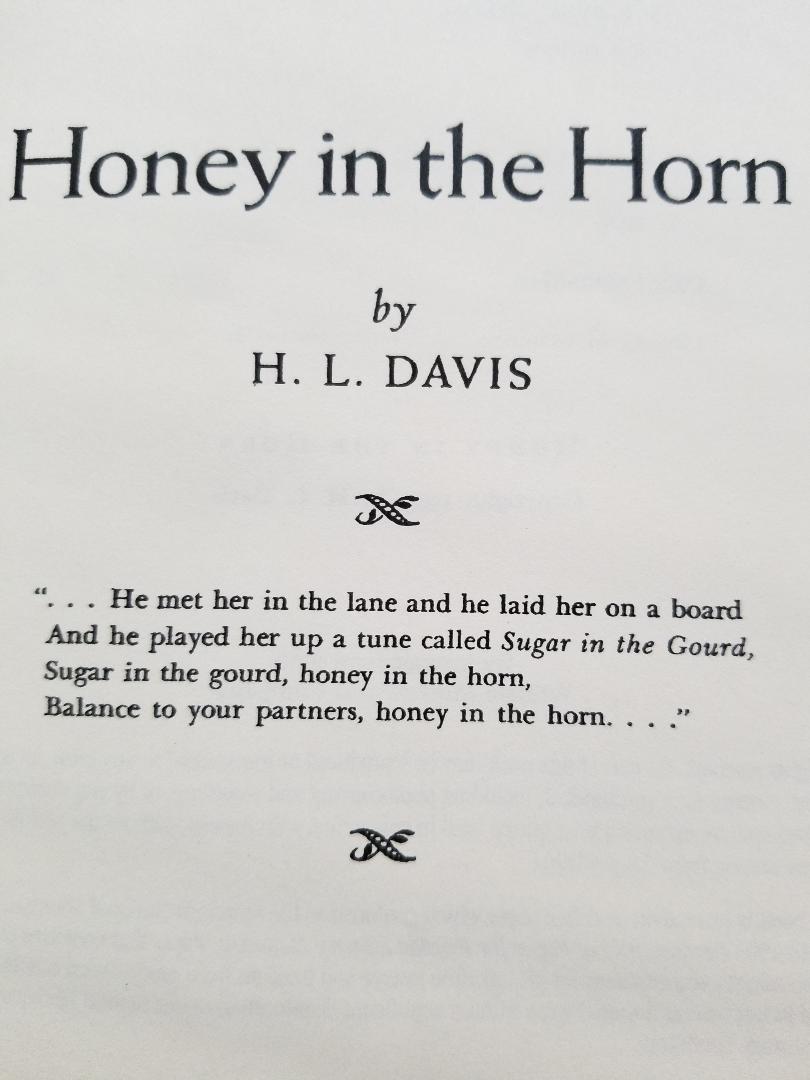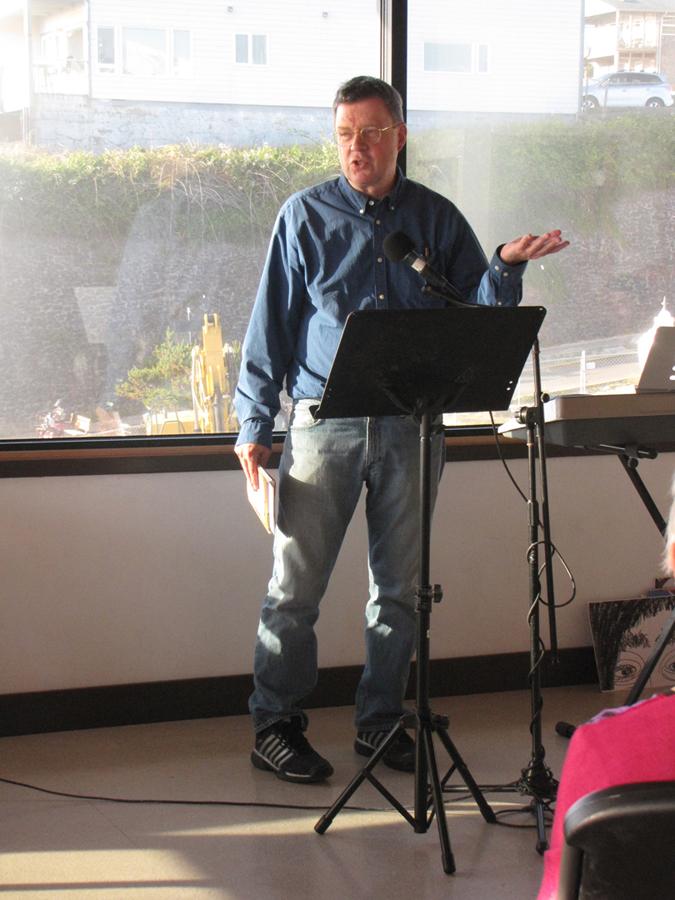Back to Bentari Project Blog
Bentari Project Blog
Posted:
Thursday, June 28, 2018

From Chapter XV of Honey in the Horn by H. L. Davis:
“He dwelt on the fact almost proudly, as a man during a spell of cold weather does on the announcement that it is the coldest in eighty years. The line of fires down the valley, the strange wagons pulling in and being directed to their places in the line, the knowledge that this was no longer merely a head-of-the-creek community on the move through restlessness, but an entire people, a whole division of society, gathering to tackle a new country rather than live as peons in an old one, gave him a feeling of dignity and strength that, though miles beyond his own reach, was his because he belonged to these people. This was one of the great things that happened as often as the men who financed the country financed it too much and then, instead of admitting it, undertook to squeeze their money back out of the men who worked it. Whenever that happened, which it did about every ten years, the settlers picked up and cleared out somewhere else to open new land and make themselves a new country in which, maybe, they could become the ones who did the squeezing instead of the ones who got squeezed. It was not altogether a virtuously-purposed movement, but it was a great one. It was happening now, and Clay felt glad he was in it.”
 I began reading this novel at Casey Bush’s suggestion. I had asked him to recommend writers whose voice or dialect conveyed a setting’s time and place. Casey immediately responded with this title and a bit about the author and his storyline. I began reading this novel at Casey Bush’s suggestion. I had asked him to recommend writers whose voice or dialect conveyed a setting’s time and place. Casey immediately responded with this title and a bit about the author and his storyline.
The book does not disappoint. Casey nailed my inquiry and then some. For Honey in the Horn, published in 1935, became the only novel by a native Oregonian to be awarded the Pulitzer Prize. I burn through the pages—page after page of homespun lore—telling more about the place Oregon than about any plot. The story sweeps across awareness. The southern mountains, the Coast Range, the coast and the high desert.
But the plot is here, bleeding out slowly but in right time. And like as with the spell of ancient land newly conquered, and like the power of old blood and new—the Indians, the pioneers, the settlers, the lovers—those newly exploited, those yet to be, and those practicing the craft—the story grips and rends. Read warily with love. For ancestors are biding here.
Every few pages, I halt my reading to study the truth still beating in the heart of Honey in the Horn.
Images: The title page of my library book—and my friend Casey Bush in Newport, Oregon reading selections from his Student of the Hippocampus (The Last Word Press, 2017)
|